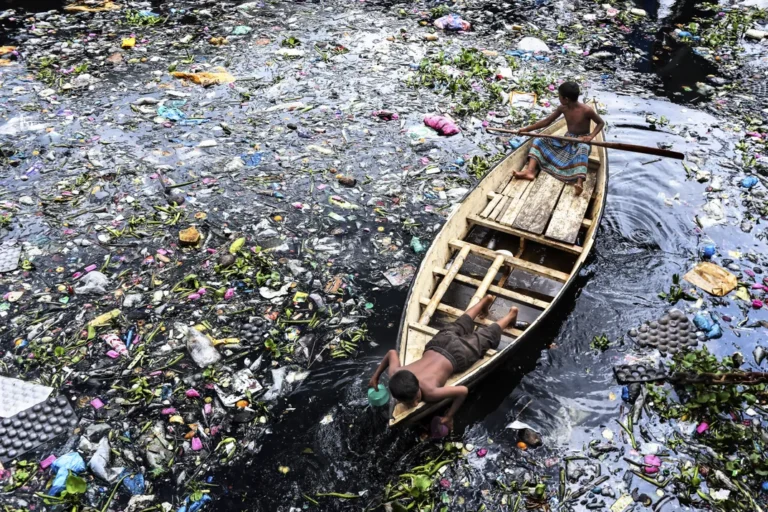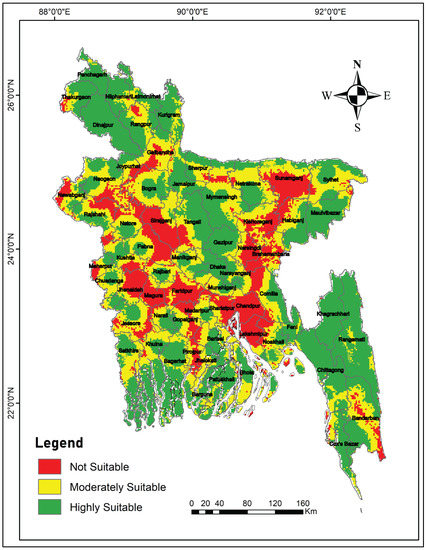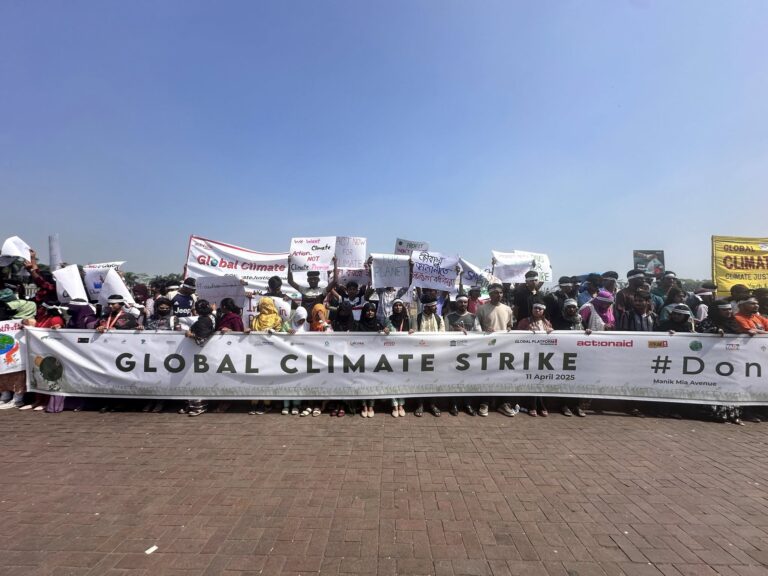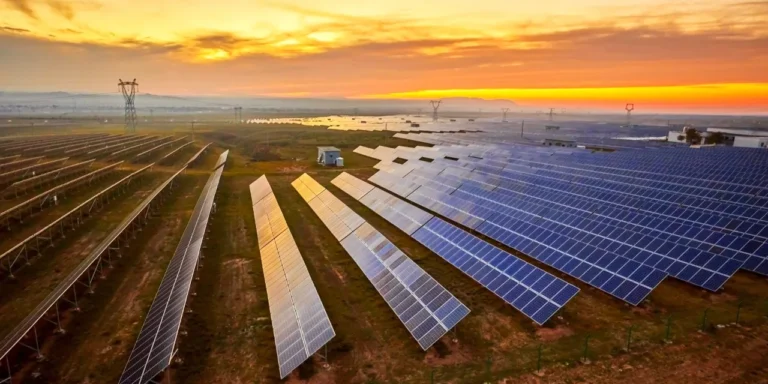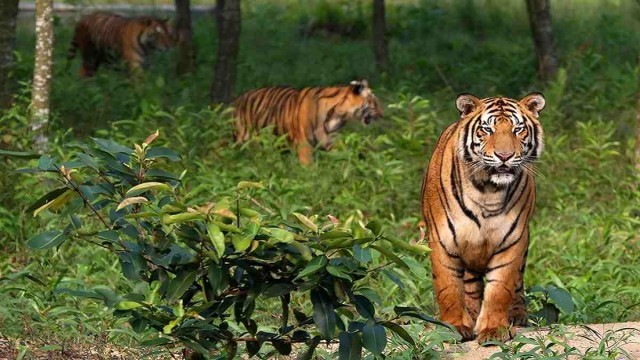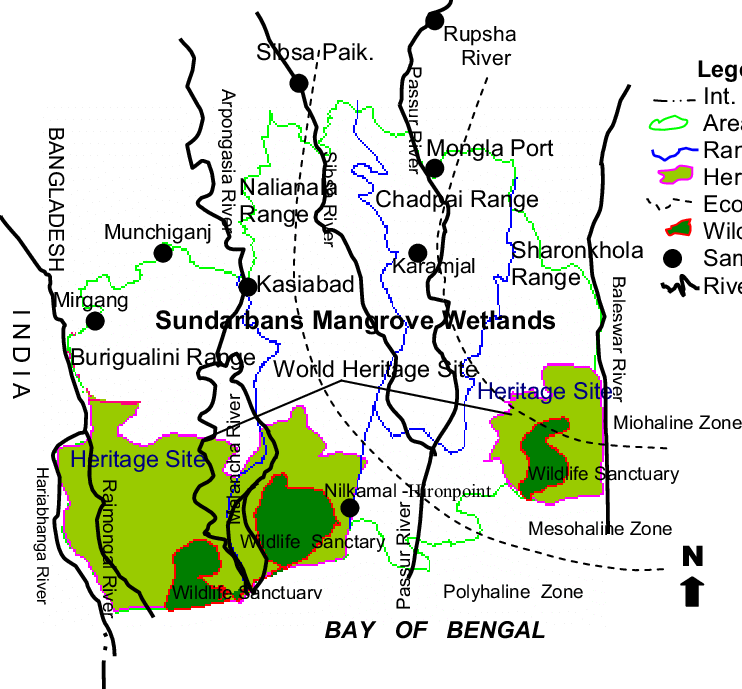Deforestation in the Chittagong Hill Tracts: Causes and Consequences
The Chittagong Hill Tracts (CHT), comprising the districts of Rangamati, Khagrachari, and Bandarban, are among the most ecologically diverse and naturally beautiful regions of Bangladesh. With lush forests, rich biodiversity, and indigenous communities maintaining a close connection with nature, the region plays a vital role in the country’s environmental and cultural heritage. However, deforestation in […]


